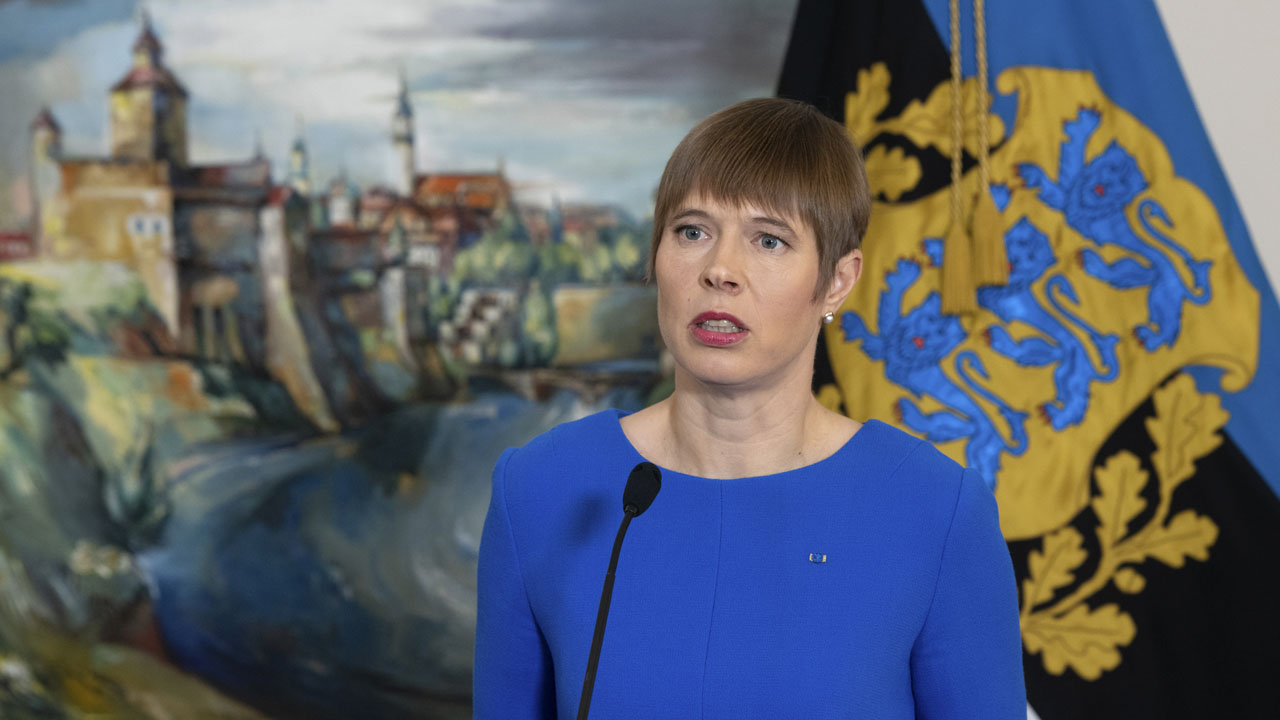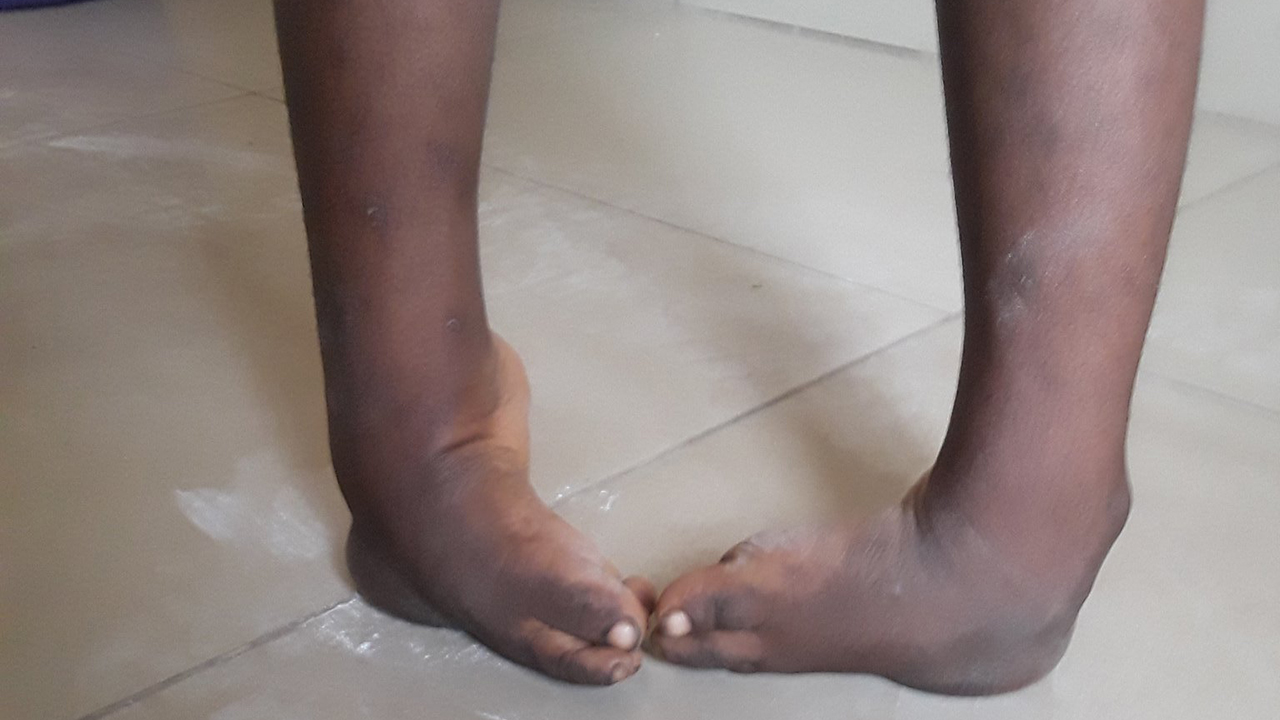
Should Kallas succeed, the 41-year-old lawyer and staunchly pro-EU former MEP will become Estonia’s first woman prime minister, but she faces tough competition.
Juri Ratas, leader of the runner-up centre-left Centre party who stepped down as prime minister on Thursday has spurned a coalition offer from Kallas.
He subsequently appears to have succeeded in building a controversial majority coalition with the anti-EU far-right EKRE party and the Isamaa conservatives in a bid to cling to power and to prevent Kallas from taking office.
But President Kersti Kaljulaid, who has expressed concerns about including a far-right group in government, said on Friday that she wanted to give election winner Kallas a chance to rally a majority.
“Today I made the first offer to form the government to the Reform Party chairwoman Kaja Kallas,” the president said.
Kallas said she was accepting the offer “to send society a message that politics can be done in a positive, dignified and open way, without humiliating or threatening anyone.”
Last month, EKRE party leader Mart Helme threatened riots should he fail to secure a coalition deal with Ratas’s Centre and Isamaa.
In a signal that Ratas has succeeded in clinching a majority coalition, EKRE MP Henn Polluaas was elected parliamentary speaker on Thursday by 55 members during the first post-election sitting of the 101-seat chamber.
Kallas now has two weeks to cobble together a coalition. If she fails, the president will have to tap a new candidate.
Kallas said Friday that she invited the last-spot Social Democrats for coalition talks, but the two parties could only propose a vulnerable 44-seat minority government.
Analyst Rein Toomla told AFP that “it is unlikely that Kaja Kallas can form a majority government.
“A Centre-Isamaa-EKRE coalition now seems more certain,” the Tartu University lecturer said.
Support for the EKRE more than doubled to 19 seats in the March 3 election, buoyed by mostly rural voters hurting after years of tight spending under governments led by establishment parties Reform and Centre.
Bread-and-butter issues such as taxation and public spending dominated the election in the 1.3 million-strong country known for its IT savvy and the eurozone’s lowest debt-to-GDP ratio.
[ad unit=2]






